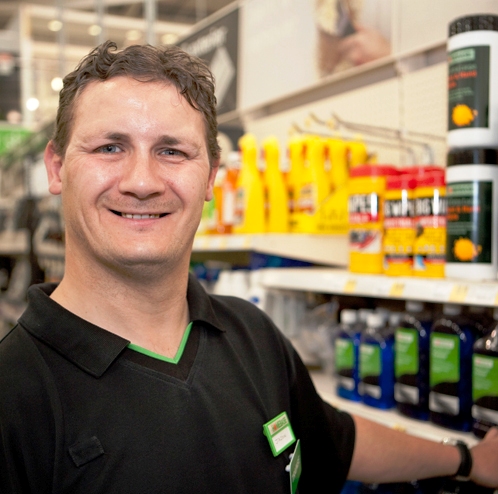AboutFab Supported
Living Services
We are committed to improving the lives of people with mental health needs. We promote the health and wellbeing of people affected by mental distress and take a positive approach to mental health, challenging stereotypes and discrimination.
Our staff support initiatives to help people relearn the skills required for daily living in order for them to move towards increased independence and minimised support. In our experience, this not only helps to increase social and emotional wellbeing but also decreases the stigma that can be attached to people with mental health needs.
It's important to note that accessing these services may require a referral from a healthcare provider or a mental health professional. If you or someone you know is in need of mental health support please call Fab Supported Living on 01270 878263 or send us an email to info@fabsupportedliving.co.uk and we will get back to you as soon as possible.

OUR UNIQUE THERAPEUTIC PROGRAMME
We believe and exercise the following
- In the power of listening and feeling heard.
- Everyone has value: something to offer.
- Everyone deserves to be supported in their mental health needs.
- A better understanding of mental health, both personally and professionally, benefits all.
- Open to learning and reflecting on experience can improve mental health services: there is no single ‘right way’
We Value…

Openness
Being receptive to, and appreciative of, the skills, talents and perspectives of everyone.

Belonging
Developing kind relationships that lead to feeling accepted, understood and able to contribute.

Strength
Recognising and developing potential in others and ourselves, enabling resilience.

Collaboration
Generous sharing of our resources, skills and talents enabled by clear and meaningful communication.

Mental Health Services
Our mental health services are delivered in a range of settings, from 24-hour intensive support, through to a flexible needs-based approach in the community. Our approach to support is based on best practice and achieving the right outcomes for each individual person.

This is how we make a difference...
- What we do.
- How we support you.
- Involvement & Co-Production.
- Personal Budgeting.
- Quality Checkers.

The FAB Intervention Pathway Framework
- The FAB Intervention Pathway Framework is a model that focuses on social and emotional capabilities that are of value to our Service users demonstrating their link to outcomes such as educational attainment, employment, healthy relationships and independence in the community.
- The Framework outlines a step by step approach to measuring these capabilities in practice. This Framework will help to address the key challenges and impact on the lives of our Service Users. Wefocus on reducing negative outcomes and sustained personal, social and emotional development, which evidence shows is fundamental to current and future wellbeing and success.
- Each Service User identifies key areas in their lives where they require development and staff support them to set goals in these areas. These goals will be reviewed every 4-6 weeks depending on what is outlined in the care plans.
- The setting of goals ensures the treatment and support the residents receive is specific, measurable and focussed on the residents working towards independence.
- Key areas include Managing mental health, managing physical health, self love and care, living skills, healthy relationships, creating and maintaining boundaries, education, employment, responsibility, identity, self respect and self esteem.
Key outcomes include:
- Personal and social development: through which our residents develop social and emotional capabilities, including determination, self-control, persistence and self-motivation.
- Social and emotional capabilities: soft skills or non-cognitive skills, communication, creativity, self confidence, managing feelings, problem solving, leadership skills, resilience and self esteem. Developing social, communication, and team working skills: the ability to learn from experience, control behaviours, and make good choices. Developing the self-esteem, resilience, and motivation to persist towards goals and overcome setbacks.
- Educational development and achievement/career success: Participation in training, literacy and numeracy, community courses, and activities, taking advice on services to improve education, budgeting and tenancy support.
- Being Healthy: Psycho-education, Cognitive Behavioural Therapy, dietetic education, meal planning and preparation, self regulating and behavioural skills and changing thought patterns.
- Positive relationships: Those which can also be measured and valued by other people, accessing public services, local communities, and family networks. Having positive relationships, involvement in meaningful, enjoyable activities. The skills required to achieve these goals will be developed and nurtured during one to one and key worker sessions. We also work with external services and organisations who are able to provide further support such as therapy with the overall aims being rehabilitation and the prevention of deterioration
If you have experienced mental health problems or care for someone who has and like to have a confidential discussion about our services please contact us on
01270 878263
or send us an email to info@fabsupportedliving.co.uk






